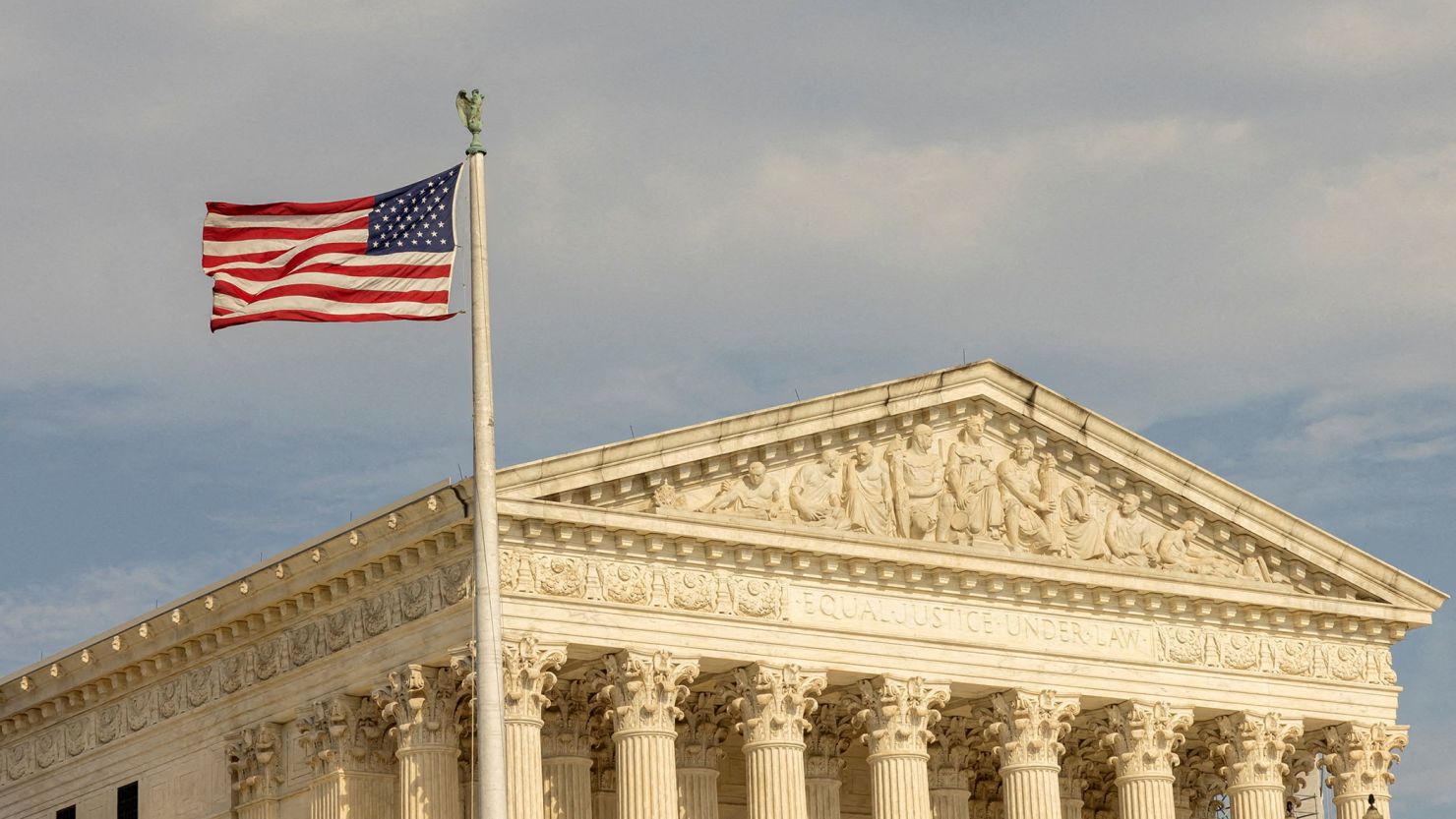American culture has long romanticized the wilderness. We see untamed landscapes as places of retreat from the pressures of urban life, sources of spiritual renewal, and reflections of national identity. This idealization of nature gave rise to modern environmentalism and deepened our reverence for the natural world and its creatures.
Yet, the idea of wilderness carries a darker side. Time spent in the wilderness—whether physical or metaphorical—can diminish our sense of community, shared responsibility, and enlightened norms. At its core, “wilderness” contains the word “wild”—a concept that, as a verb, connotes unruly, sometimes destructive behavior, and as a noun, suggests uncultivated, unmanaged space.
The American experience of wilderness spilled over into the myth of the Wild West. There, we lionized rugged individualism and glorified the unconstrained spirit. But this cultural ideal, once held up as bold and aspirational, now feels like regression. We are retreating into a wilderness of misplaced romanticism, where personal advancement is prized over collective care.
By contrast, the Torah, in the book of Numbers, offers a radically different view of wilderness. In biblical tradition, the wilderness was not an escape from responsibility but a crucible for moral growth. There, stripped of stability, the Israelites discovered their identity. In a desolate land, they learned that survival depended not on individualism but on mutual support. In the wilderness, compassion was learned and community made sacred. The goal was never to remain in the wild but to journey toward a promised land—one that honored the stranger, protected the widow and the orphan, forgave debts, and mandated generosity from all.
America once had its own version of that promise. But from its wilderness emerged a different dream—one of conquest and domination. Rugged individualism fueled the displacement and destruction of Native Americans, the subjugation of immigrants, and the enshrinement of the White Anglo-Saxon Protestant male as the ideal citizen. The myth of the Wild West became a justification for exclusion and aggression.
Today’s political culture has returned to that myth. The current administration clings to a narrative of conquest, self-interest, and limited government. It is a story more about taking than building, more about retreat than redemption.
But there is another American story worth remembering—a story of emerging from wilderness toward justice and solidarity. It is the America that raised the Statue of Liberty to welcome the world’s tired and poor. It is the America of the New Deal and the Great Society, where government took responsibility for the wellbeing of its people, creating safety nets for those in need and dignity for those in despair.
Now, however, we are witnessing a retreat—not just from government responsibility, but from the very idea of covenantal society. As jobs disappear and health care becomes more elusive, as rule of law is undermined and public trust erodes, America is dissolving into a wilderness not of growth but of neglect. Where once the wilderness symbolized a necessary passage on the road to community, it is now becoming the destination itself—pushed by plutocrats who preach rugged individualism and govern with indifference.
We stand again at the edge of the wilderness. But this time, we did not choose to journey there in pursuit of freedom. We are pushed back to the wild by a vision that exalts isolation over connection. The question before us is whether we will remain in this barren place—or, like those who came before us, seek the promised land of a just, caring, and compassionate society.
Rabbi Evan Krame





